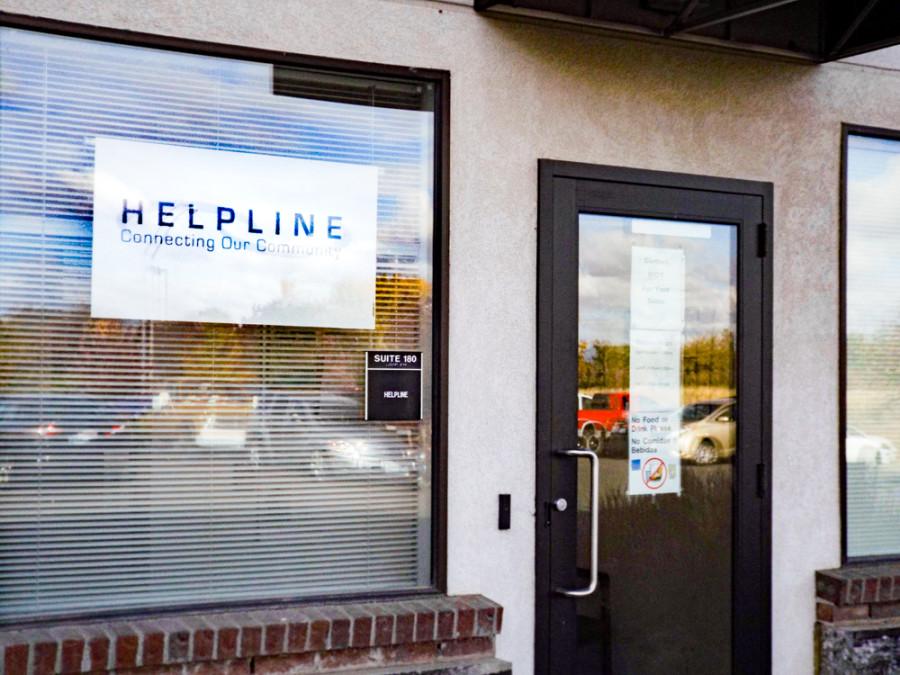STEP Women’s Shelter closing in December
October 22, 2015
The STEP Women’s Shelter is closing down at the end of the year after serving the Walla Walla community for almost six years. The shelter is closing so that the city can provide funding to more long-term solutions for homelessness in Walla Walla.
STEP Women’s Shelter was created in 2009 to address the need for a homeless shelter specifically for women. At the time, other homeless housing services were available, but none were available specifically for women. By making the shelter specifically for women, it could be a better housing environment for victims of domestic abuse or for those who would rather not live alongside men.
STEP Women’s shelter is one component of a larger effort of Helpline Walla Walla, whose goal is to help those in need gain the resources necessary to get back on their feet. With the closing of the STEP Women’s Shelter, other emergency housing resources will be expanding to accommodate for more people and help those who were living at the shelter transition elsewhere, including the Christian Aid Center, WW Housing Authority, YWCA, and BMAC.
The decision to close the shelter came about through a variety of events and reasons. In early 2015, the County of Walla Walla hired consultants to recommend ways to address the homeless population in Walla Walla. Three of the six contractors recommended diverting funds from emergency shelter to more long-term solutions for housing. The county decided to adopt the recommendations, and so beginning Jan. 1, 2016, the STEP women’s shelter will lose a majority of its funding.
Helpline Board Chair Larry Nelson said in a press release, “This decision was difficult and not made lightly…While our board supports the plan’s direction, it equates to a loss of over $100,000 in funding for the STEP shelter, which is approximately two-thirds of the shelter’s annual operating costs. The amount of subsidy required to support the shelter’s $150,000 budget is more than we can sustain without putting other Helpline programs at risk.”

The on-campus student group Feminists Advocating Change and Empowerment (FACE) has worked closely over the years with the STEP shelter. In the past, they have raised funds through the Breaking Ground monologues to support the shelter, and many students have also volunteered with the shelter in the past.
One student who volunteered there was the co-president of FACE Ione Fullerton ’17. She worked at the front desk to keep the shelter running during the day, as there was no hired staff that worked during the daytime on the weekends at the shelter.
“I see the effects [of the shelter closing] being two-fold: in once sense, there might not be a place for women to go. There might not be beds for women to stay at since they can’t go to Helpline. And also, those who are directed to the Christian Aid center may not want to go there. The Christian Aid Center is a very different set-up from the STEP shelter… so people either might not have somewhere to stay or they will be uncomfortable staying there,” said Fullerton.
Nevertheless, the shelter still believes that the transition from emergency shelter resources to more long-term solutions to homelessness will allow them to better help the community.
“Operating a women’s shelter was never part of Helpline’s core purpose, and stretched our organizational capacity. We are proud to have ‘stepped up’ and met what was at the time a critical community need but, moving forward, we feel it best serves the community to focus on our essential role of connecting homeless and low-income individuals and families with available resources, and assisting them in moving out of a cycle of crisis and into a state of self-sufficiency,” said Helpline director Liz McDevitt in an email interview with the Pioneer.






